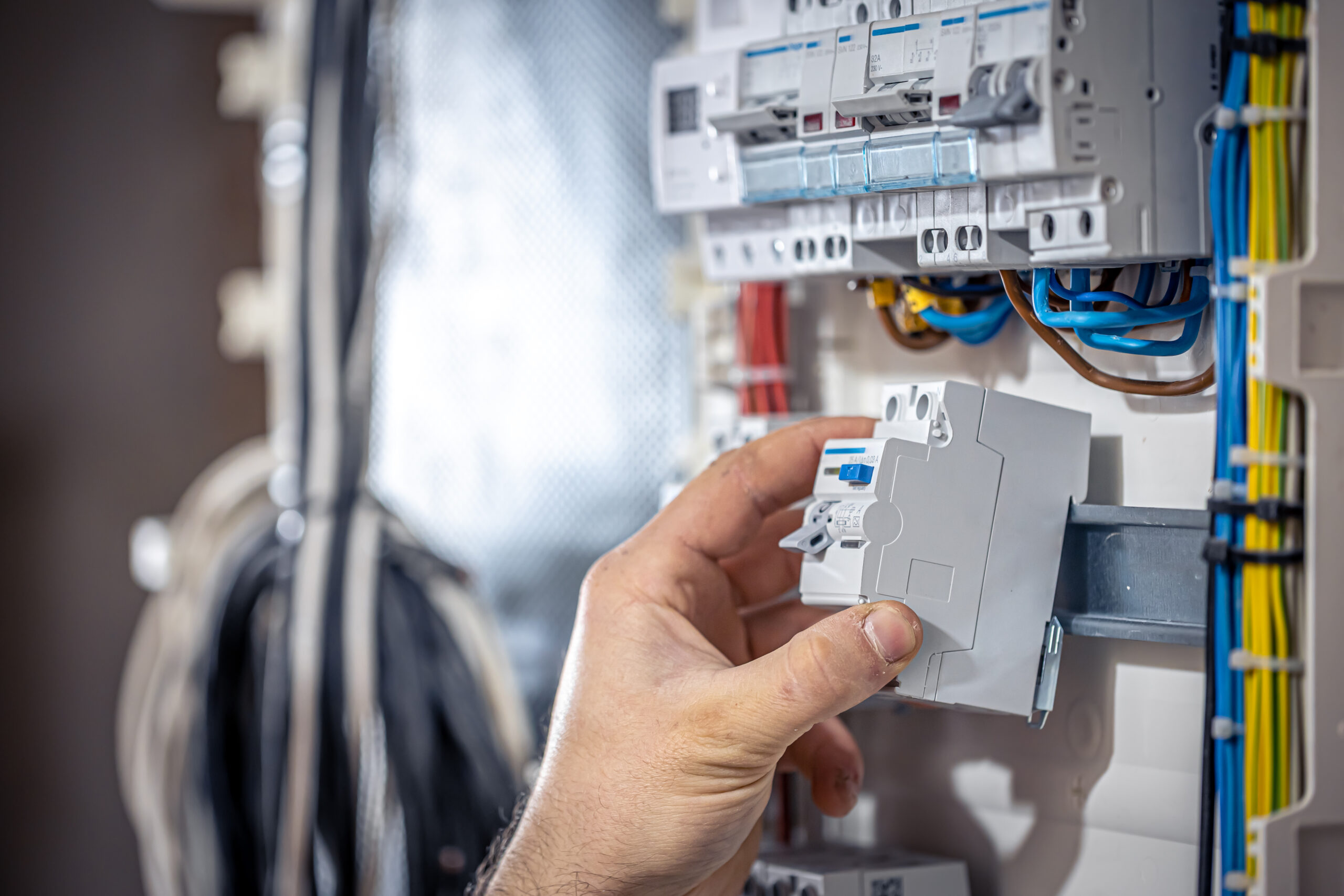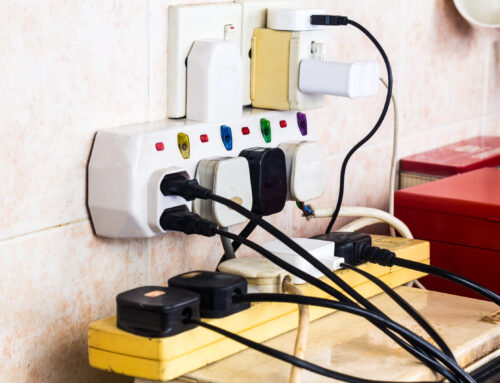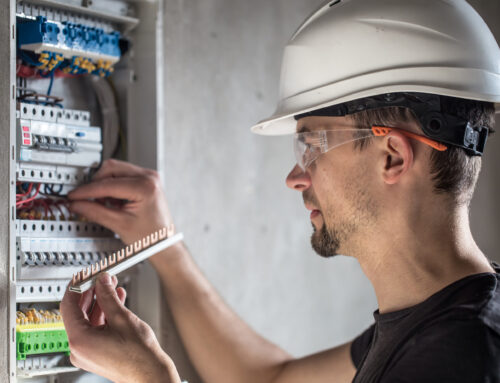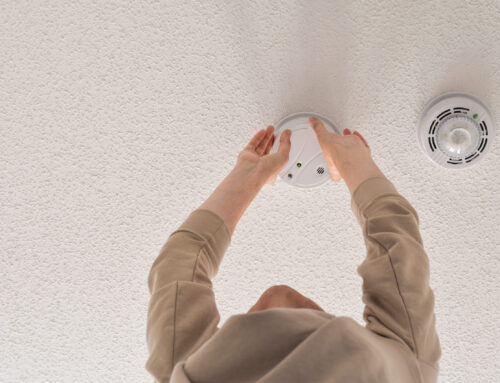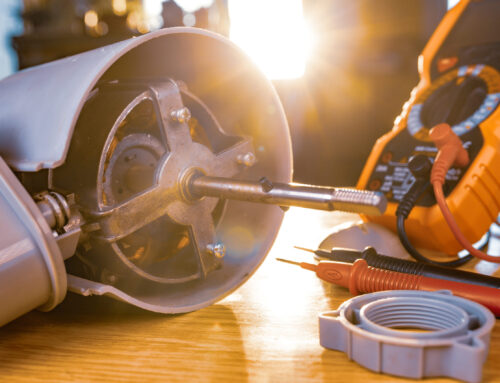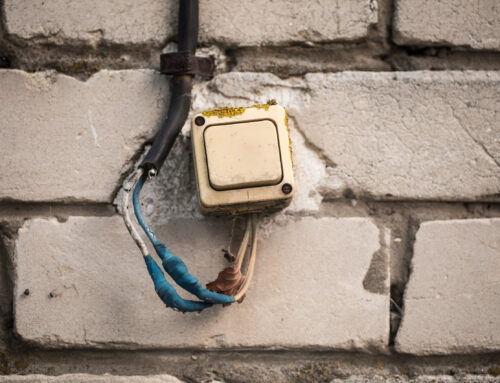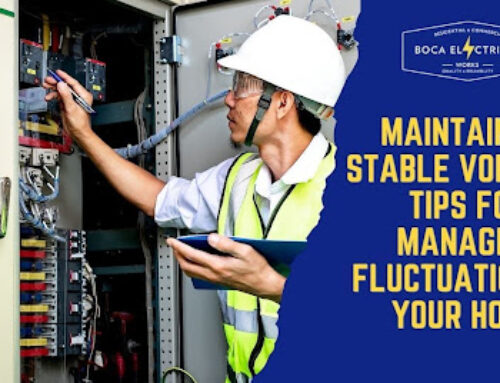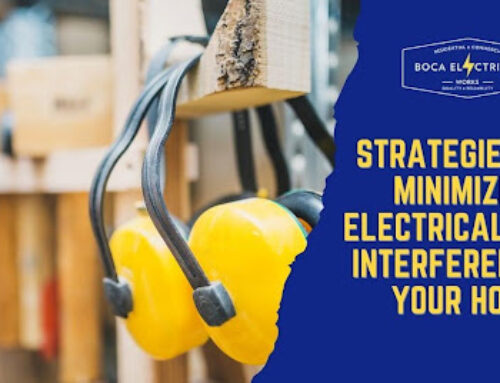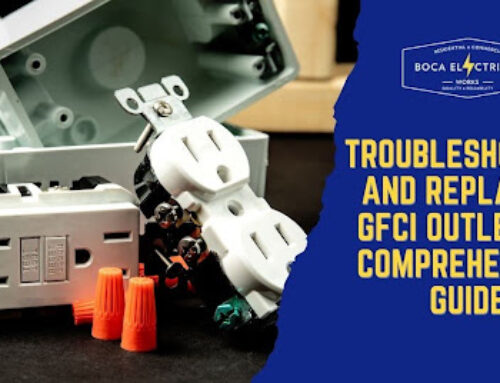A Boca Raton homeowner recently called us because their lights were flickering, their outlets weren’t working properly, and their circuit breaker kept tripping. After a full inspection, we found that their electrical panel was over 30 years old and only had a 100-amp capacity, which was not enough to handle modern appliances. By upgrading to a 200-amp panel, we were able to resolve their electrical issues, improve their home’s safety, and increase its energy efficiency.
Many Florida homes, especially older ones, weren’t built to handle today’s high electrical demands. With increasing reliance on air conditioning, smart home devices, and electric vehicles, electrical systems need to be updated and upgraded to keep up with modern lifestyles. Failing to make these upgrades can lead to overloaded circuits, power outages, and even electrical fires.
Whether you are remodeling, adding new appliances, or simply want to improve your home’s electrical efficiency, this guide will cover everything you need to know about home electrical upgrades in Florida.
Why Home Electrical Upgrades Matter
Upgrading your home’s electrical system is about more than just convenience—it’s about safety, efficiency, and future-proofing your home. Florida’s climate, combined with the increasing use of high-powered appliances, makes it crucial for homeowners to evaluate their electrical systems and upgrade where necessary.
Some of the biggest benefits of home electrical upgrades include:
- Preventing Power Surges & Overloads – Outdated panels struggle with multiple high-energy appliances, leading to frequent power interruptions.
- Reducing Fire Hazards – Faulty wiring and old electrical panels can cause electrical fires, one of the leading causes of home fires in the U.S.
- Increasing Home Value – A modern electrical system makes your home more attractive to buyers and adds to its overall value.
- Supporting New Technology – EV chargers, smart home devices, and high-efficiency HVAC systems require a stable and powerful electrical supply.
Let’s take a closer look at the most important electrical upgrades to consider for your Florida home.
Upgrading Your Electrical Panel
Your electrical panel is the heart of your home’s electrical system. If it’s outdated or overloaded, it can cause frequent breaker trips, dimming lights, and even fire hazards.
Signs You Need an Electrical Panel Upgrade
Many homeowners don’t realize their electrical panel is outdated until they start experiencing electrical problems. Some signs that you may need a panel upgrade include:
- Frequent breaker trips or blown fuses – This indicates that your panel is struggling to handle your home’s electrical demand.
- Flickering or dimming lights when using appliances – If your lights flicker when you turn on the microwave or air conditioner, your panel is likely overloaded.
- Burning smell or buzzing sounds from your panel – These are warning signs of potential electrical fires.
- Your panel is over 20 years old – Older panels may not meet modern safety codes.
- You’re adding new high-powered appliances – Upgrading your kitchen, HVAC system, or installing an EV charger may require a panel upgrade.
Choosing the Right Electrical Panel
- 100-Amp Panel: Suitable for smaller homes with minimal energy demands.
- 200-Amp Panel: Ideal for modern homes with large appliances, HVAC systems, and multiple devices.
- 400-Amp Panel: Best for large homes with high-energy needs, such as EV chargers, hot tubs, and solar power systems.
Most Boca Raton homeowners upgrade to a 200-amp panel to accommodate today’s electrical requirements.
Whole-Home Rewiring
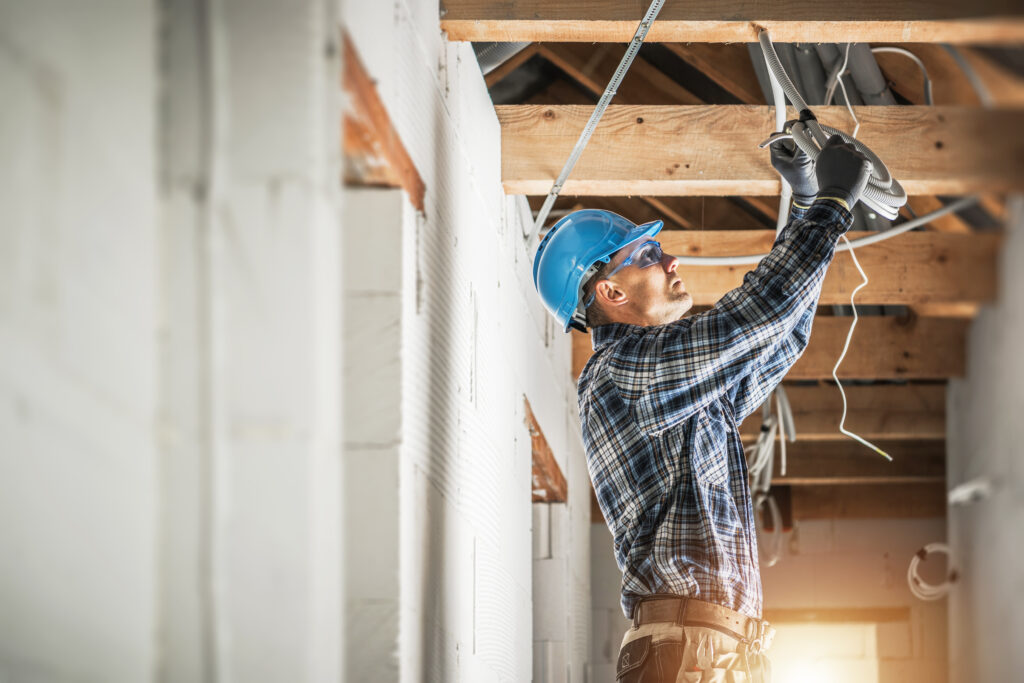
Old or damaged wiring increases the risk of electrical fires and power failures. Many older homes in Florida still have aluminum wiring or knob-and-tube wiring, which can be dangerous.
When Should You Rewire Your Home?
- Your home is 40+ years old and still has original wiring.
- You experience frequent power surges or circuit breaker trips.
- Your outlets feel warm to the touch or show signs of charring.
- You smell burning odors near electrical outlets or panel boxes.
- You notice discolored or sparking outlets when plugging in appliances.
Benefits of Rewiring Your Home
- Reduces fire hazards caused by old, deteriorating wiring.
- Prevents power outages by providing a stable electrical flow.
- Increases home resale value, making it more attractive to buyers.
- Allows for modern appliances and smart home technology.
If you’re renovating your home, this is the perfect time to replace outdated wiring.
Installing GFCI and AFCI Outlets
GFCI (Ground Fault Circuit Interrupter) outlets and AFCI (Arc Fault Circuit Interrupter) outlets are essential for preventing electrical shocks and fires.
Where Are GFCI Outlets Required?
- Bathrooms
- Kitchens
- Garages
- Outdoor Areas
- Laundry Rooms
Where Are AFCI Outlets Required?
- Bedrooms
- Living Rooms
- Hallways
GFCI outlets shut off power instantly when they detect moisture, preventing electrical shocks, while AFCI outlets protect against electrical arcing that can lead to fires.
Adding Dedicated Circuits for Large Appliances
Some appliances consume large amounts of power and require their own dedicated circuit to prevent electrical overloads.
Appliances That Require Dedicated Circuits
- Refrigerators & Freezers
- Electric Stoves & Ovens
- Washing Machines & Dryers
- HVAC Systems
- EV Chargers
Adding dedicated circuits prevents power interruptions and protects your electrical system from damage.
Installing an EV Charger at Home
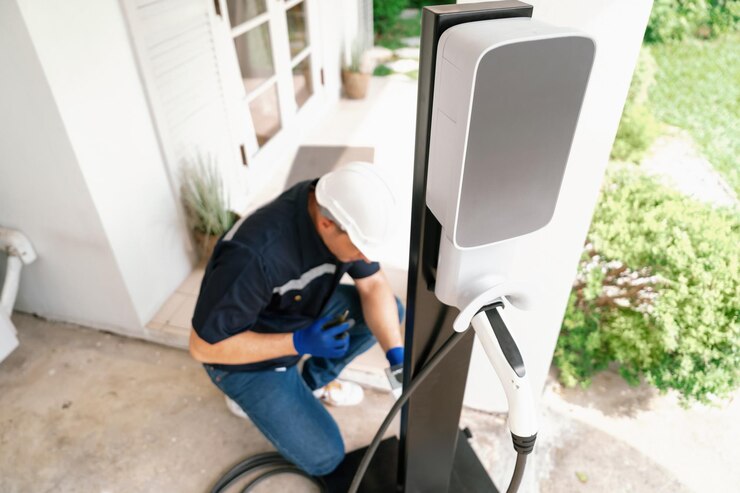
Electric vehicles (EVs) are becoming more popular in Florida, and having a home charging station makes charging faster and more cost-effective.
Why Install a Home EV Charger?
- Faster charging than using a standard outlet.
- Saves money compared to public charging stations.
- Increases home value and future-proofs your property.
A licensed electrician can install a Level 2 EV charger, which provides up to 10x faster charging speeds than a standard wall outlet.
Enhancing Home Surge Protection
Florida is one of the top states for lightning strikes, making whole-home surge protection an essential upgrade.
Benefits of a Surge Protector
- Protects appliances and electronics from power surges.
- Prevents damage to HVAC systems and computers.
- Reduces the risk of electrical fires caused by sudden voltage spikes.
Surge protection extends the lifespan of your electronics and prevents costly damage.
People Also Ask
- How often should a home’s electrical system be inspected?
It’s recommended to have your home’s electrical system inspected every 3 to 5 years, especially in older homes, to ensure safety and compliance with current codes.
- Can I perform electrical upgrades myself, or should I hire a professional?
While minor tasks like changing outlets can be DIY, major electrical upgrades should always be performed by licensed electricians to ensure safety and adherence to local regulations.
- Are there any financial incentives for upgrading my home’s electrical system?
Yes, there are federal income tax credits available through 2032 that allow homeowners to offset the cost of energy-efficient home upgrades by up to 30%, with a maximum of $3,200 annually.
- How can I determine if my home’s electrical system meets current standards?
Consulting with a licensed electrician is the best way to assess if your electrical system complies with modern standards and can handle your household’s energy demands.
How Can Boca Electrical Service Help You?
If you need home electrical upgrades in Boca Raton, Boca Electrical Service is here to help! Whether you’re upgrading your electrical panel, installing a new EV charger, or rewiring your home, our licensed electricians provide expert service tailored to your needs.
Visit Us: 123 NW 13th St, Suite 214-09, Boca Raton, FL 33432
Call Now: (561) 320-8539
Let us help you make your home safer, more efficient, and future-ready. Call today for a free consultation!


